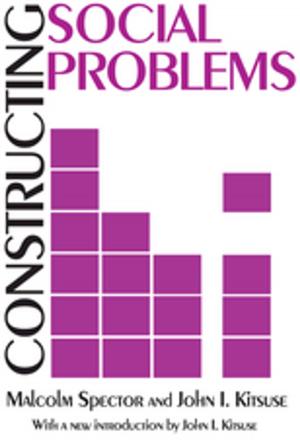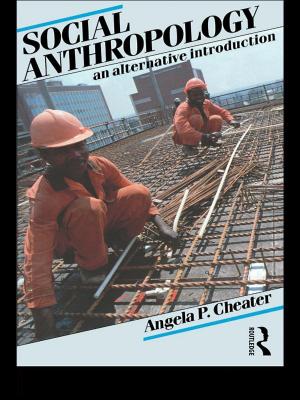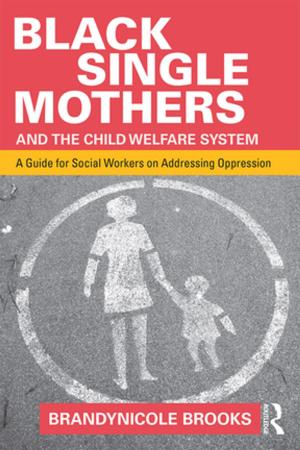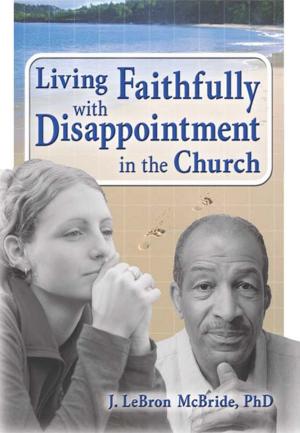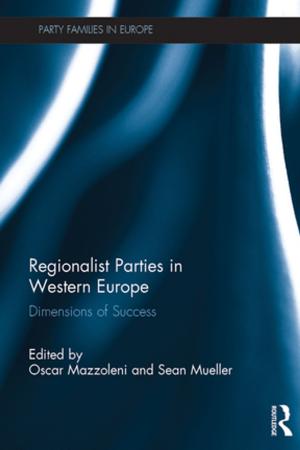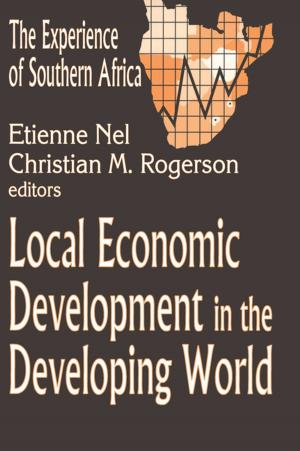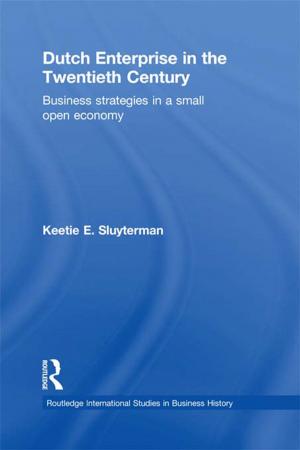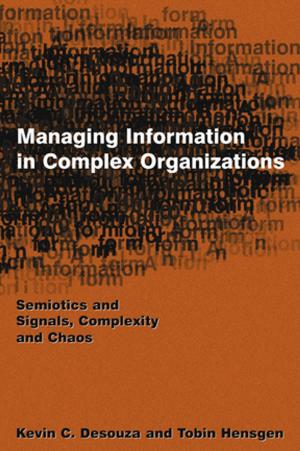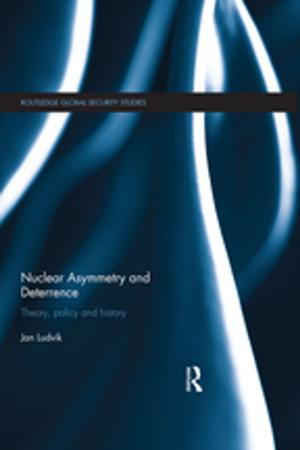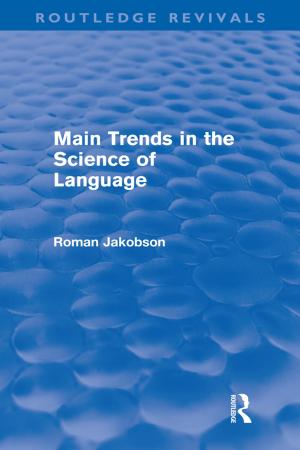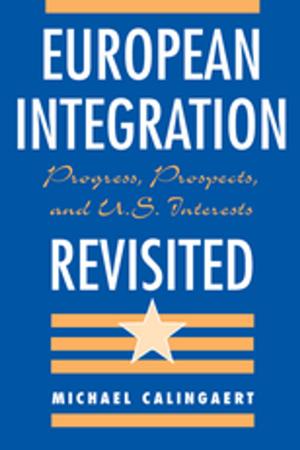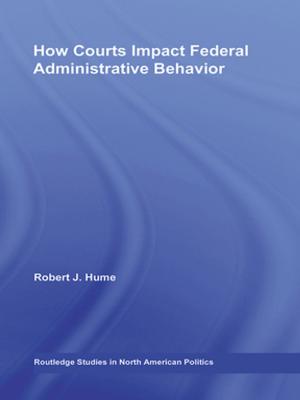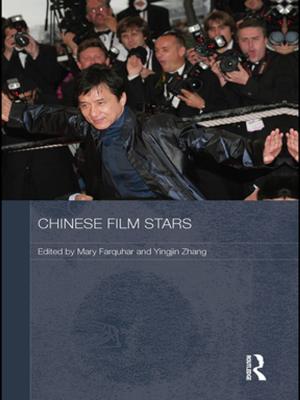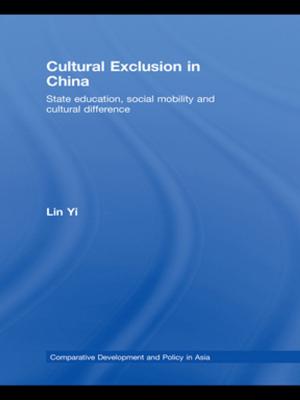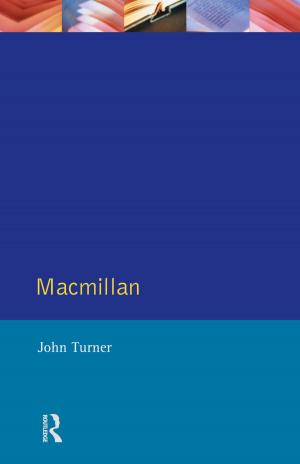(Dis)Placing Empire
Renegotiating British Colonial Geographies
Nonfiction, Science & Nature, Science, Earth Sciences, Geography, History, British| Author: | Michael M. Roche | ISBN: | 9781351963282 |
| Publisher: | Taylor and Francis | Publication: | July 5, 2017 |
| Imprint: | Routledge | Language: | English |
| Author: | Michael M. Roche |
| ISBN: | 9781351963282 |
| Publisher: | Taylor and Francis |
| Publication: | July 5, 2017 |
| Imprint: | Routledge |
| Language: | English |
While there has been for the past two decades a lively and extensive academic debate about postcolonial representations of imperialism and colonialism, there has been little work which focuses on 'placed' materialist or critical geographical perspectives. The contributors to this volume offer such a perspective, asserting the inadequacy of conventional 'self/other' binaries in postcolonial analysis which fail to recognise the complex ways in which space and place were implicated in constructing the individual experience of Empire. Illustrated with case studies of British colonialism in Australia, Hong Kong, India, Ireland and New Zealand in the later nineteenth and twentieth centuries, the book uncovers the complex and unstable spaces of meaning which were central to the experience of emigrants, settlers, expatriates and indigenous peoples at different time/place moments under British rule. In critically examining place and hybridity within a discursive context, (Dis)placing Empire offers new insights into the practice of Empire.
While there has been for the past two decades a lively and extensive academic debate about postcolonial representations of imperialism and colonialism, there has been little work which focuses on 'placed' materialist or critical geographical perspectives. The contributors to this volume offer such a perspective, asserting the inadequacy of conventional 'self/other' binaries in postcolonial analysis which fail to recognise the complex ways in which space and place were implicated in constructing the individual experience of Empire. Illustrated with case studies of British colonialism in Australia, Hong Kong, India, Ireland and New Zealand in the later nineteenth and twentieth centuries, the book uncovers the complex and unstable spaces of meaning which were central to the experience of emigrants, settlers, expatriates and indigenous peoples at different time/place moments under British rule. In critically examining place and hybridity within a discursive context, (Dis)placing Empire offers new insights into the practice of Empire.

